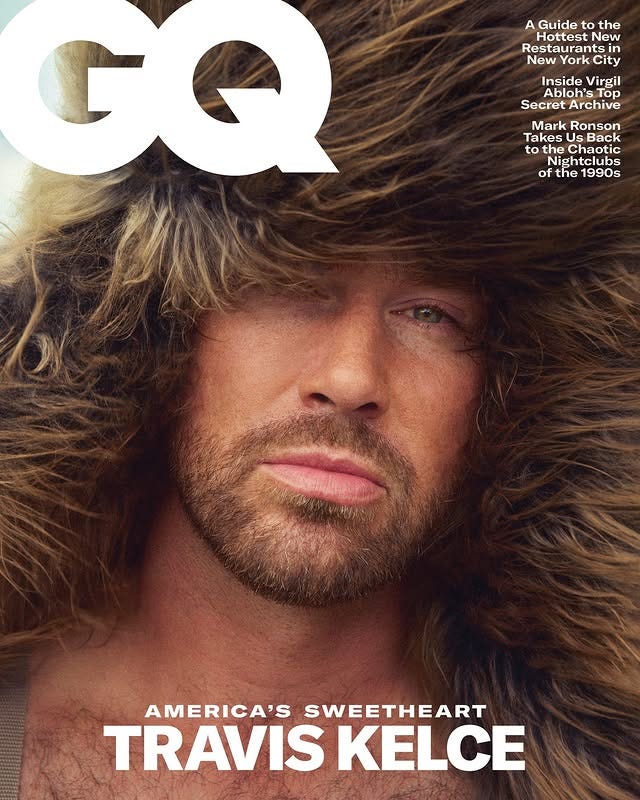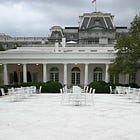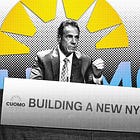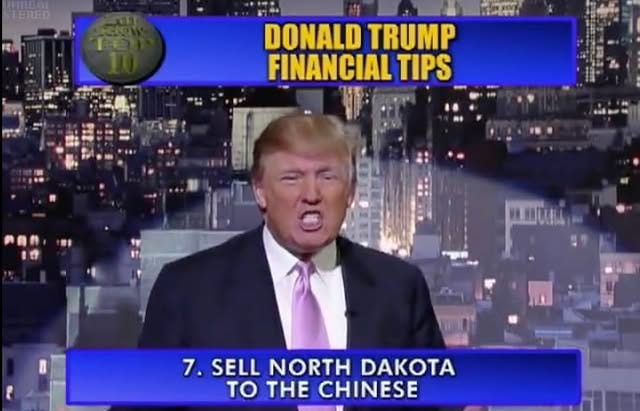What Trump doesn’t get about the culture wars
Plus: How the war on DEI is showing up in advertising
What Trump doesn’t get about the culture wars
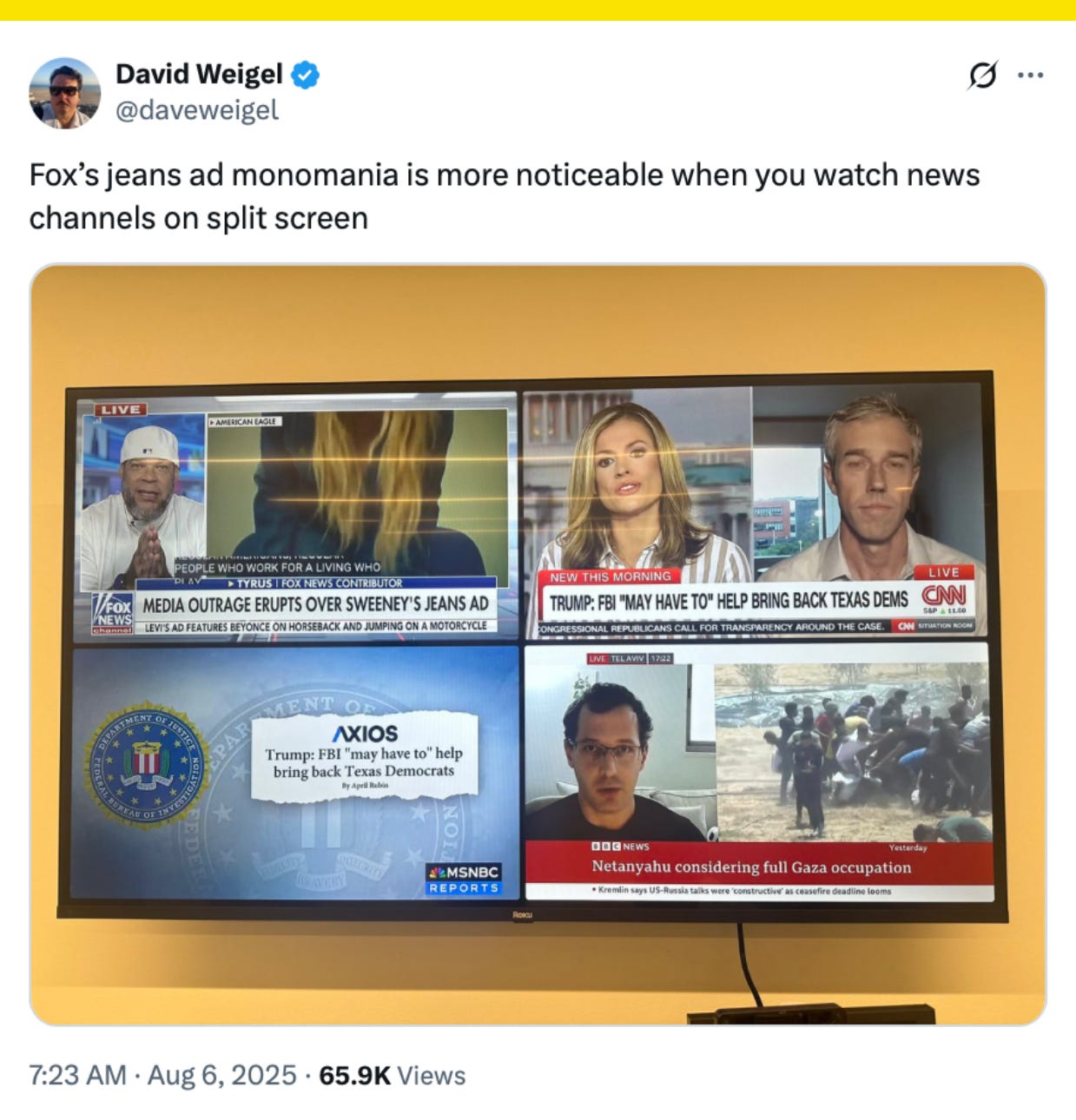
As someone who made his national profile as a brand builder more than a builder of buildings, President Donald Trump has keen cultural instincts, but data about America Eagle’s market share and a Taylor Swift album announcement show his recent comments about brands suggest he may be losing his edge.
In a social media post last week, Trump compared Sydney Sweeney’s “‘HOTTEST’ ad out there” for American Eagle to Taylor Swift, who he said is “NO LONGER HOT.” According to his 176-word Truth Social post, popular conservative narratives around brands American Eagle, Jaguar, Bud Lite, and Swift show a culture that’s always at war and Republicans are winning.
“Being WOKE is for losers, being Republican is what you want to be,” Trump wrote, noting Sweeney is a registered Republican and crediting himself with what he claims is Swift’s fall from popularity. New data about American Eagle, though, suggests Sweeney’s ad hasn’t actually sold many jeans yet and may be hurting foot traffic, and Swift was actually just taking a break.
While Sweeney’s ad led to a jump in U.S. site traffic and stock price for American Eagle, anonymous debit and credit card transactions collected by the data firm Consumer Edge show the brand’s market share versus key competitors hasn’t similarly jumped in the same time frame. Sure the ad and ensuing conversation around it generated buzz, but it’s not clear that buzz is resulting in sales. The ad also didn’t immediately lead to a change in growth spend between Democrats versus Republicans, according to the firm.
Meanwhile, the announcement for Swift’s forthcoming album The Life of a Showgirl suggests Swift is preparing the full promotional machine ahead of her 12th new studio album. With a GQ cover story for her boyfriend and an album announcement reveal on her boyfriend’s brother’s podcast, ESPN even reported the news. To pick a fight with a pop star, Trump tried to cast Swift’s post-world-tour hiatus as a fall from grace, and in a single day, Swift proved she’s capable of commanding attention across the worlds of news, entertainment, and sports like few people outside the Trump or Kardashian-Jenner families.
Trump sees brands today as either with him or against him and he simplifies their values as Republican or woke, but it turns out there’s more to a brand’s performance than politics and more to a celebrity’s popularity than how the president feels about them.
Bud Lite boycotts and backlash to Jaguar’s radical rebrand have heartened conservative cultural warriors, and Trump’s social media post, signed off with a “Thank you for your attention to this matter,” shows a president who’s confident in his ability to understand and shape culture. But sometimes a controversial ad and fake culture war news cycle doesn’t end up boosting sales and sometimes a pop star was just preparing for her next album cycle.
Previously in Yello:
How the war on DEI is showing up in advertising
The turn away from diversity, equity, and inclusion, or DEI, since Trump began his second term appears to be showing up in LGBTQ+ representation in advertising, according to a new report.
The “2025 LGBTQ+ Advertising Report” by Disqo, an ad effectiveness measurement firm, found 68% of U.S. consumers say they want to see the same amount or more LGBTQ+ representation in advertising, but people say they’re seeing less.
The survey of 1,955 U.S. adults was conducted in April and found that respondents’ reports of seeing advertising that was LGBTQ+ inclusive in the past six months fell from 73% in 2023 to 65% this year. Even among people who are LGBTQ+, who are more likely to be targeted with inclusive advertising, the self-reported rate of recalling an LGBTQ+ inclusive ad in the past six months fell from 87% to 80% in the same time period.
Many brands backed off celebrating Pride this June after years of active involvement, and the retreat is part of a larger trends towards brands depoliticizing that accelerated when Trump returned to office. The Disqo survey suggests that trend is misguided, with 62% of respondents favoring brands speaking out about social issues. A study I wrote on last month found a less-is-more approach to mixing business and politics is a middle ground for brands looking to take stands today.
Disqo’s report found 41% of respondents lost trust in brands that scaled back DEI, but it also found many people don’t know what DEI means, with 46% of respondents correctly being able to say what DEI stood for and 18% who believe it promotes a specific political or social agenda, according to Marketing Dive. The term isn’t as widely understood or viewed quite as partisanly as some in professional politics might assume.
Representation may be changing in advertising, but it doesn’t have to. As a political buzzword, “DEI” might be divisive, but as values, there’s still upside to brands that champion diversity, equity, and inclusion.
Have you seen this?
The top three things I’ve learned/discovered about U.S. politics since I started writing Yello. 1. More Americans like corn than caviar, 2. Levi’s are for Democrats and Wranglers are for Republicans, and 3. Sometimes, the best graphic design is worse. [Open Tabs]
NASA is putting a nuclear reactor on the moon. It could reshape space governance. Building infrastructure on the moon would cement a country’s ability to access the resources there—and potentially exclude others. [Fast Company]
DNC to help lead nationwide protests against Republican redistricting plans. Dozens of liberal groups unveiled plans Tuesday to hold around 50 events across 20 states to protest Republican redistricting efforts in Texas backed by Trump. [NBC News]
Trump’s D.C. takeover. In a move that D.C. Mayor Muriel Bowser said is “unsettling and unprecedented,” Trump said he was deploying the National Guard to D.C. and federalizing D.C. police. Meanwhile over at the Supreme Court, the Justices have been formally asked to overturn same-sex marriage. [Whig]
History of political design
Donald Trump's "Late Show" Top Ten list (2009). Trump's appearance on the show, then hosted by David Letterman, was the topic of his first-ever tweet. During Trump's cameo, he offered financial tips including "Only buy things that are essential, like golf courses and beauty pageants," "Sell North Dakota to the Chinese," and "The fastest way to get rich: Marry and divorce me."
Like what you see? Subscribe for more:


